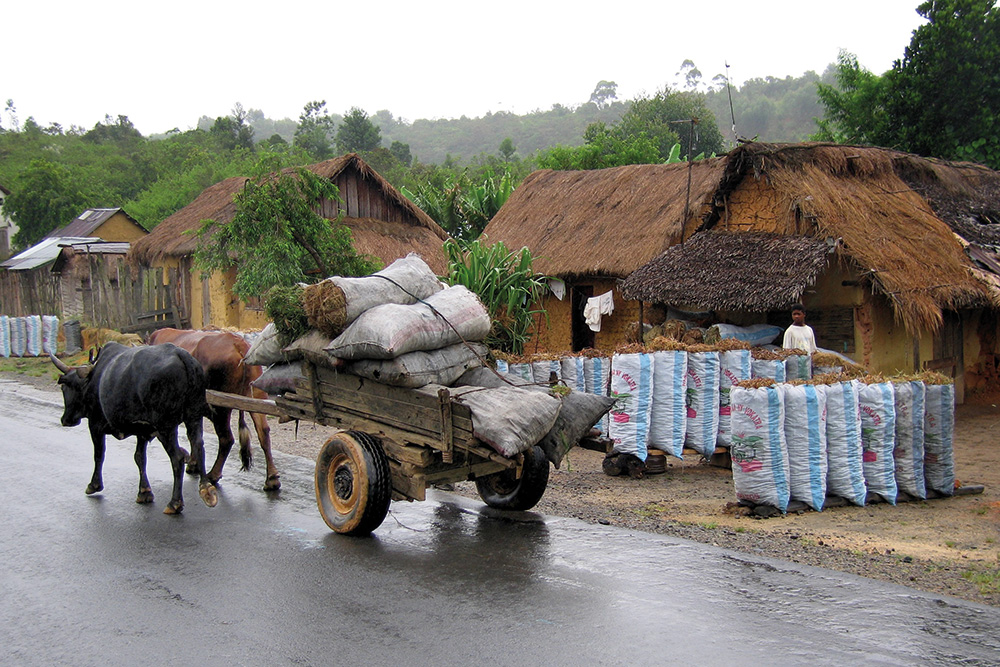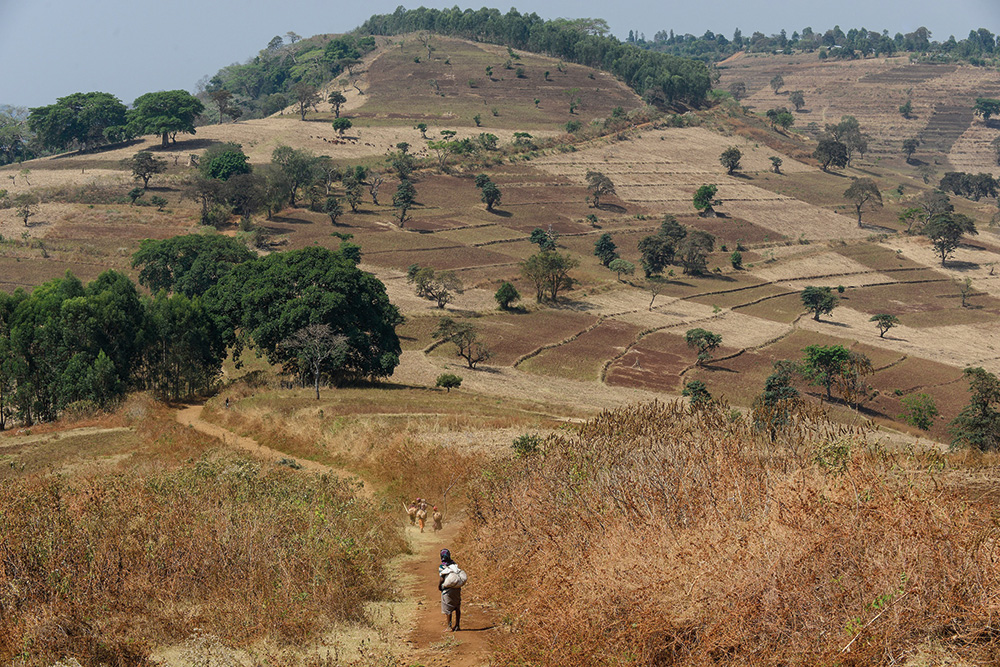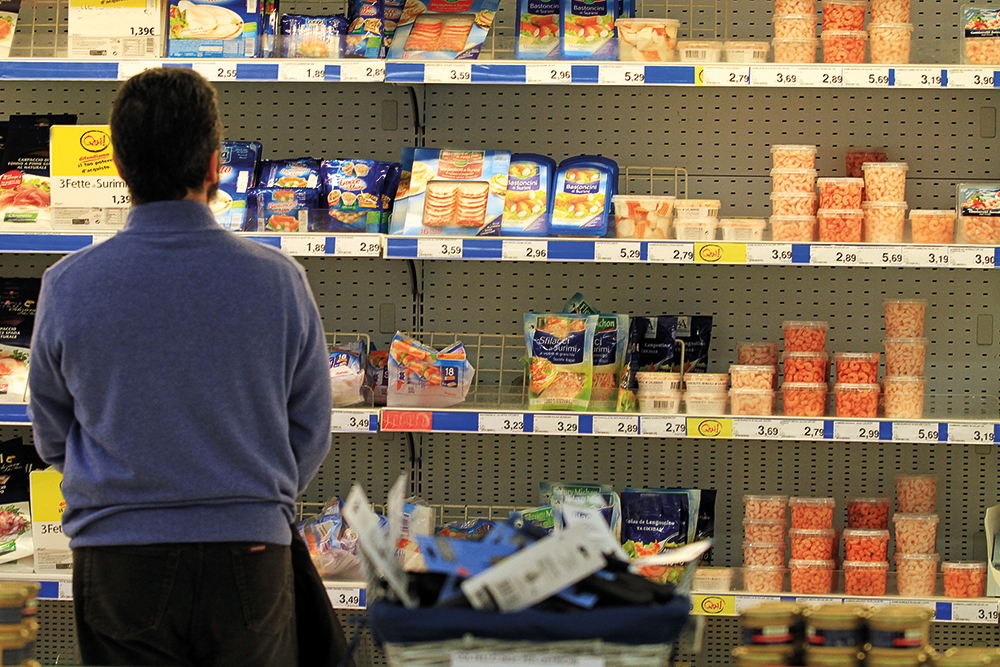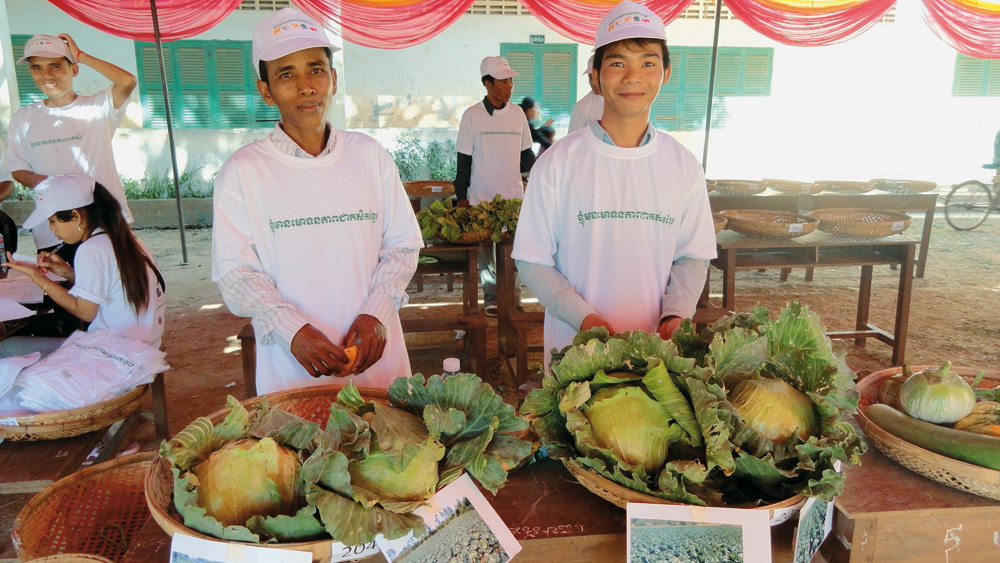DLG-Verlag was founded in 1952 as a subsidiary of DLG e.V. (Deutsche Landwirtschafts-Gesellschaft - German Agricultural Society) with its headquarter in Frankfurt/ Germany. The publishing company provides expertise for the agricultural and food sector.
With its subsidiaries Max-Eyth-Verlag and DLG-Agrofood Medien GmbH the DLG-Verlag offers books and magazines, as well as catalogs of the DLG's international DLG exhibitions.
Members:
Resources
Displaying 61 - 65 of 316FlexiBiogas – a climate change adaptation and mitigation technology
Access to modern renewable energy services are a key input to poverty eradication and in ensuring food security. Biogas is a renewable energy option suited to provide clean, modern and decentralised sources of energy. Portable systems, such as FlexiBiogas, offer a lot of advantages over traditional fixed dome systems.
“Family farms are key to feeding the world”
José Graziano da Silva, Director-General of the United Nations Food and Agriculture Organization (FAO), on the role of family farms for global food security, the need for sound rural development stategies and the responsibility of governments, the private sector and civil society.
Women – the untapped potential for food security
Despite the crucial role of women in family farms and small-scale agriculture, gender inequality is still present in many ways – jeopardising the food and nutrition security of millions of people.
Family farming – a model with a future?
Is there good reason to make family farms a focus of global attention for a year? Or is it not rather reckless to advocate a concept while completely disregarding the fact that the necessary conditions are often not in place? A few entirely personal thoughts on the International Year of Family Farming.
What is so special about family farms?
Family farms are especially well suited to meet the challenges of labour organisation in agriculture. In early stages of development, they play a particularly important role in creating productive employment for the major share of the population. Moreover, they have strong incentives to use their resources sustainably so as to pass them on to future generations. Yet, family farms should not be romanticised. Often, they only survive by working longer hours and accepting lower incomes than people employed in other sectors of the economy.






